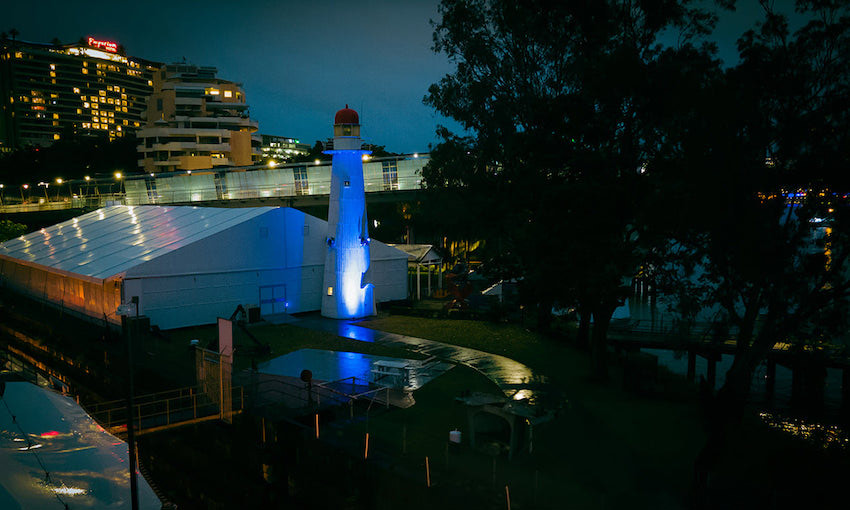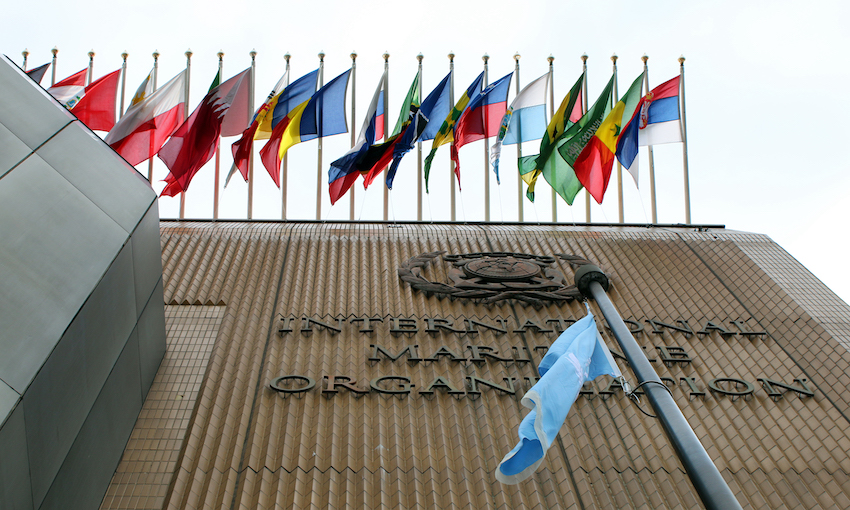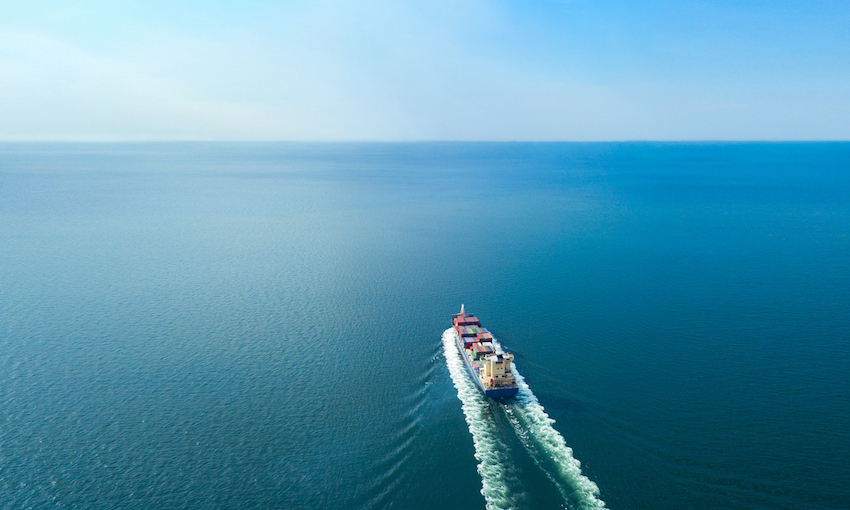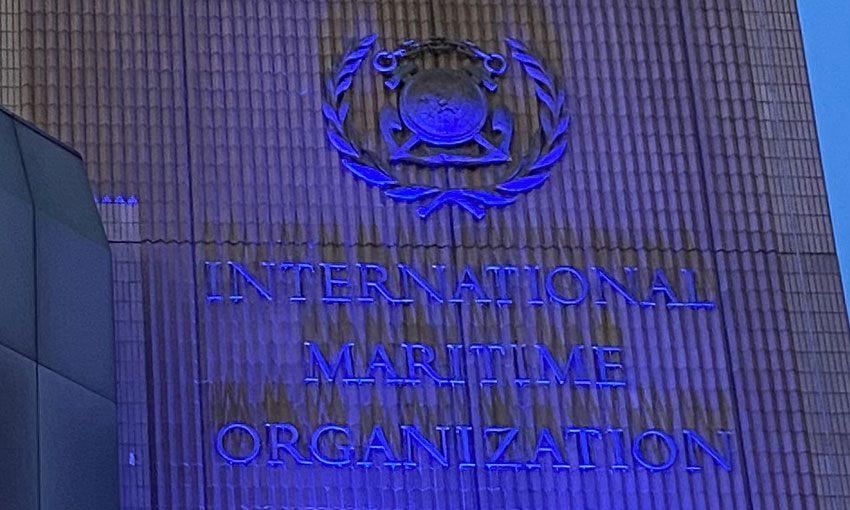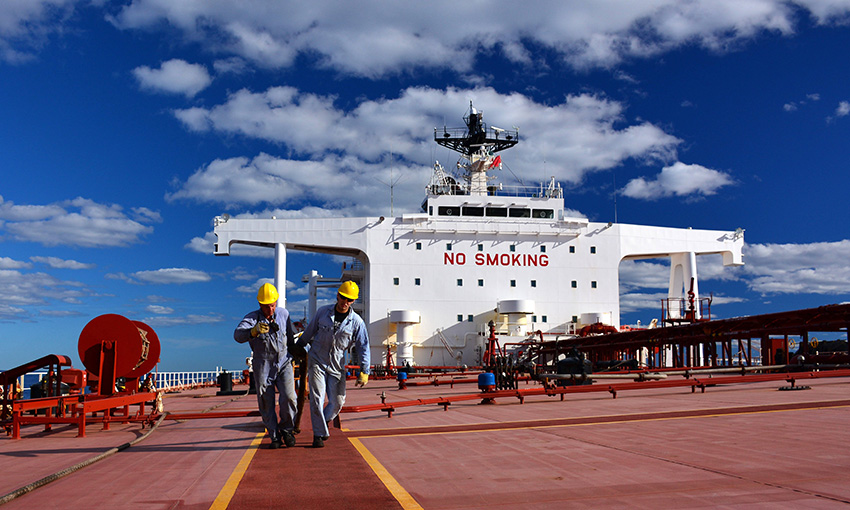THE Australian maritime industry and other shipping nations around the world celebrated World Maritime Day 2022 on Thursday, and the technology that supports greener shipping.
In Australia, government agencies and maritime organisations issued messages reinforcing this year’s theme, “new technologies for greener shipping”.
The Australian Maritime Safety Authority highlighted the International Maritime Organization’s initial goal to reduce shipping’s total annual greenhouse gas emissions by at least 50% by 2050 compared to what it was in 2008.
It said technological innovation and the global introduction of alternative fuels and energy sources for international shipping is key to achieving this ambition.
In a video message posted on World Maritime Day, AMSA CEO Mick Kinley said the shipping industry still contributes more than 2% of the world’s carbon emissions.
“As the most carbon efficient means of mass transport, shipping will have an important part to play in our efforts to reduce greenhouse gas emissions,” he said.
“While international cargo shipping accounts for around 2% of the world’s carbon emissions, it has a vital role to play in harnessing new technologies to address climate change.”
Mr Kinley also announced Australia’s candidacy for re-election to category b of the IMO Council for the 2024-25 biennium.
“A position on the council gives Australia a voice in important policy discussions on maritime issues, especially in relation to decarbonisation and green shipping,” he said.
The announcement was supported by Catherine King, minister for Infrastructure, Transport, Regional Development and Local Government.
“As minister responsible for the Australian Maritime Safety Authority, I am proud to join with the IMO and other nations to celebrate World Maritime Day today,” she said.
“Representation on the IMO Council allows us a seat at the table to influence important policies and decisions in the international maritime sector.
“Nowhere is this more important that in relation to decarbonisation and other strategies to reduce global warming.”
Maritime Industry Australia (MIAL) said the pressure on international shipping to decarbonise is creating a significant challenge for the industry but noted there is “a lot to be excited about” as the pace of low carbon technology development is accelerating internationally and within Australia.
MIAL said much of the Australian focus on climate change action is centred around the natural advantage the nation has in the production and export of zero-carbon fuels.
However, there is a growing realisation about the necessity to decarbonise the supply chain.
“Australia is totally reliant on international shipping for global trade and connectivity, and we have a vibrant and diverse domestic commercial vessel industry,” MIAL CEO Angela Gillham said.
“There is a need to identify the areas where there is an intersection between infrastructure, relevant existing industries, potential renewable energy resources and centres of maritime activity to unlock potential and capitalise on the natural advantages that exist within Australia to produce low, and zero carbon marine fuels and decarbonise our own critical domestic maritime industry.”
Greener shipping and the decarbonisation task will be the focal point of MIAL’s second Maritime Decarbonisation Summit in Sydney on 12 October.
World Maritime Day was also marked in Australia and around the world by landmarks being lit up in blue and green.
Prominent buildings from Australia House in London to Australia’s National Maritime Museum in Sydney are being illuminated as part of the celebrations.
Cape Naturaliste Lighthouse in Western Australia, Flagstaff Lighthouse and Macquarie Lighthouse in New South Wales will also be lit up this evening.

